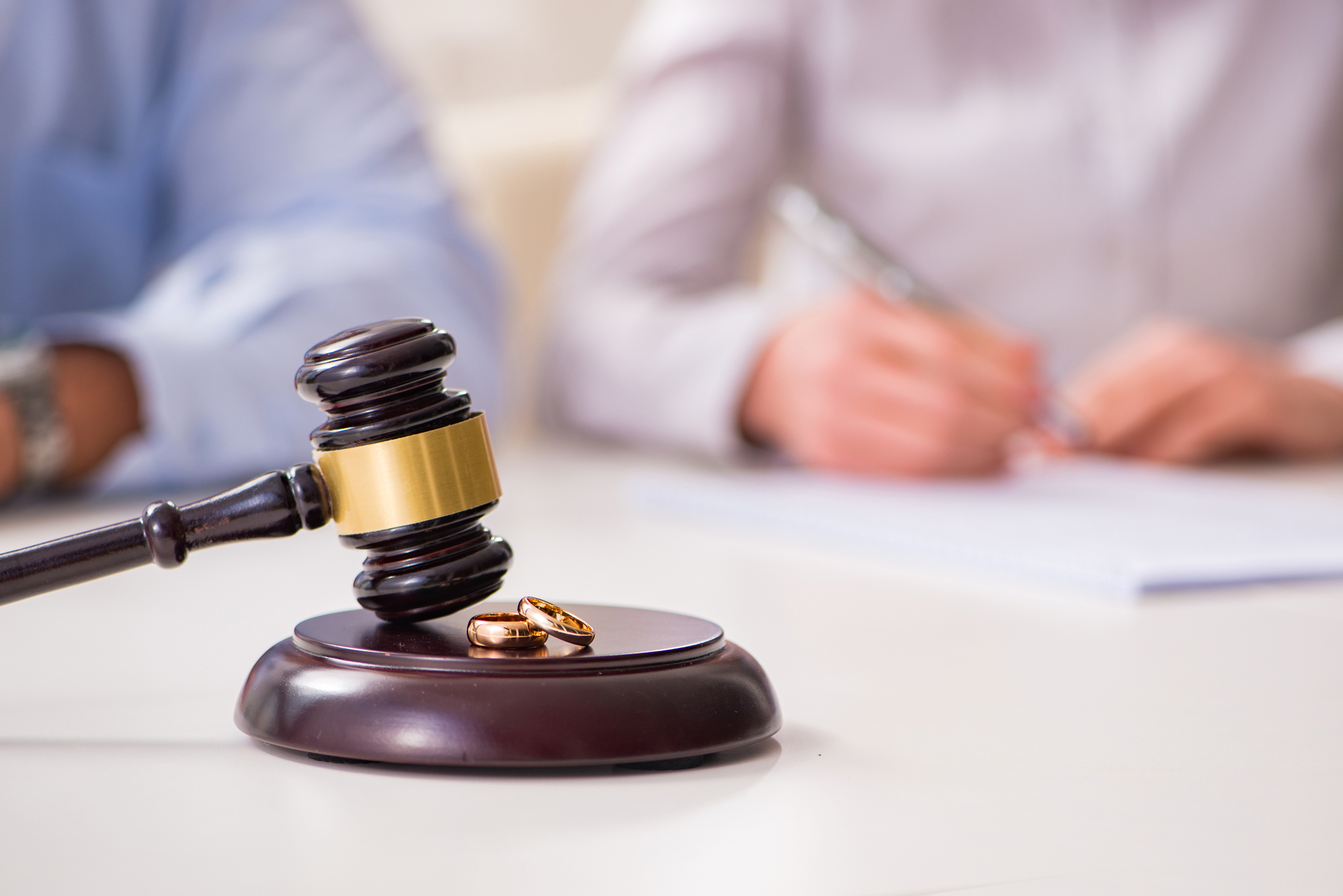Research indicates hundreds of thousands of incidents that qualify as family or domestic violence are reported in Texas every year. Being accused of domestic violence in Texas can have major implications for your future. If you’re facing a potential conviction for domestic violence, you need to enlist the help of a qualified attorney. They can play a significant role in determining the outcome of your case.
However, you may assume you don’t need a lawyer because an alleged victim doesn’t want to press charges. Don’t make this mistake.
There are various reasons victims may not want to press charges after accusing others of domestic violence. For instance, you might be innocent of a crime you’ve been accused of. Perhaps your accuser faked an incident that resulted in you being arrested. Your accuser may have wanted to harm your reputation, but they don’t want to see you convicted of a crime you didn’t commit. Additionally, genuine victims can have complex relationships with their abusers that impact their desire to press charges.
Regardless, even if they don’t want to press charges, a victim isn’t the one who can decide whether charges get dropped. That’s up to the prosecutor. Thus, the fact that your accuser may not wish to press charges doesn’t mean you no longer need legal assistance.
Dropping Charges In Domestic Violence Cases
Although a victim’s desire to not press charges doesn’t necessarily mean charges will be dropped, it can influence a case depending on the circumstances.
For instance, a victim’s testimony may be very important. If they don’t show up to testify, it can be difficult for a prosecutor to convince a jury an alleged abuser is guilty. A prosecutor might also choose to drop a case before it even goes to trial if they feel a victim’s lack of cooperation will make securing a conviction difficult.
On the other hand, a prosecutor may actually cite the fact that a victim refuses to press charges or testify as evidence of guilt. In some cases, they can argue that a victim doesn’t want to press charges because they’ve been intimidated.
It can be impossible to know how a prosecutor will react when a victim won’t press charges. Always err on the side of caution if you’ve been accused of domestic violence by hiring an attorney to represent you.
Refusal To Press Charges & Protective Orders
After accusing you of domestic violence, a court may grant your accuser a protective order. This may legally restrict you from seeing them, being near them, and contacting them.
There are three types of protective orders in Texas. They are:
- Temporary ex parte protective order: This is essentially a protective order which temporarily restricts an alleged abuser from seeing or contacting their accuser until it can be determined if a permanent order should be put in place.
- Final protective order: If it’s found that a protective order should remain in place permanently, a final protective order may be granted.
- Magistrate’s order of emergency protection: An order that, as the name implies, is issued in cases when alleged victims need immediate protection.
An alleged abuser doesn’t need to have been arrested for their accuser to be issued the first two types of protective orders. Civil courts issue them.
The third type is issued by a criminal court when an alleged abuser is arrested. If an accuser is granted a protective order but later resolves the issue with the person they accused of domestic violence, a protective order might be lifted. Whether it will be lifted depends on which type of order was issued.
An order issued by a civil court may be somewhat easily lifted if an accuser can demonstrate they genuinely wish it to be. Lifting an emergency protective order is much more difficult. Again, the court is the one to make this type of decision. Even if an accuser wants it to be lifted, the court may determine it should not be.
That means it doesn’t matter what the accuser’s feelings are about the protective order if an alleged abuser violates it. They can still face legal consequences.
Keep in mind, this was just a general overview. The best way to understand these circumstances is to review your case with an attorney.
To learn more, call our criminal defense law firm at (972)525-4963 or visit our contact us page to send us an email.
 Call Us Now
Call Us Now Email Us Now
Email Us Now

